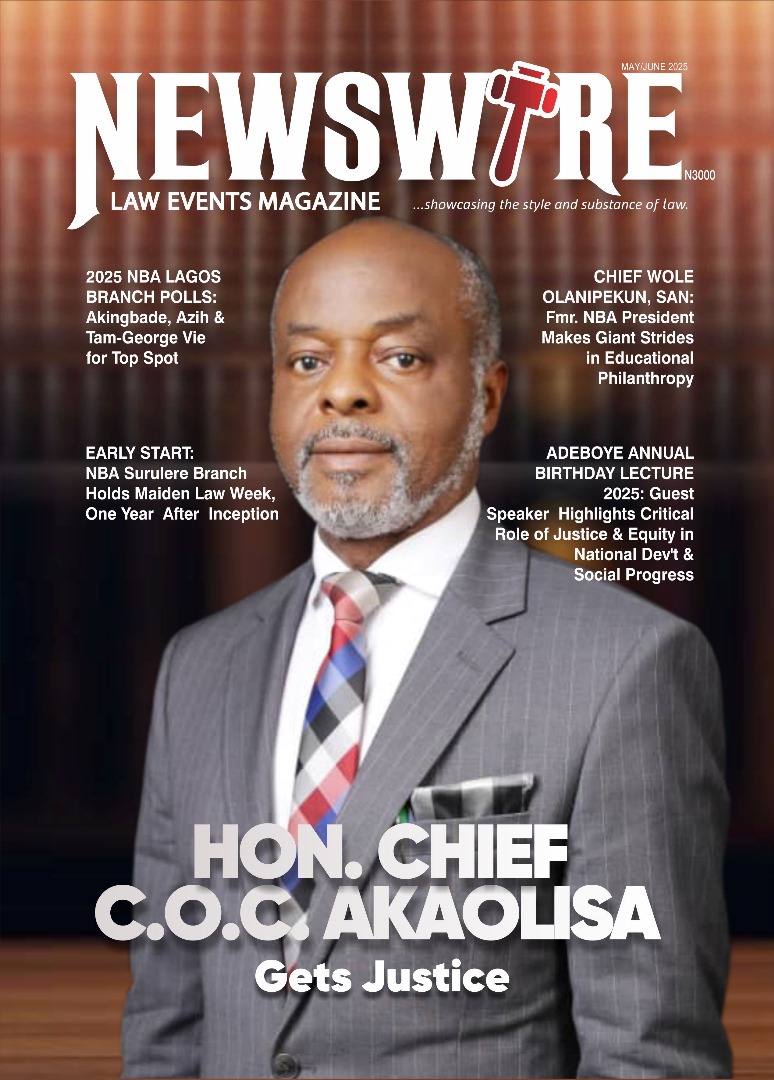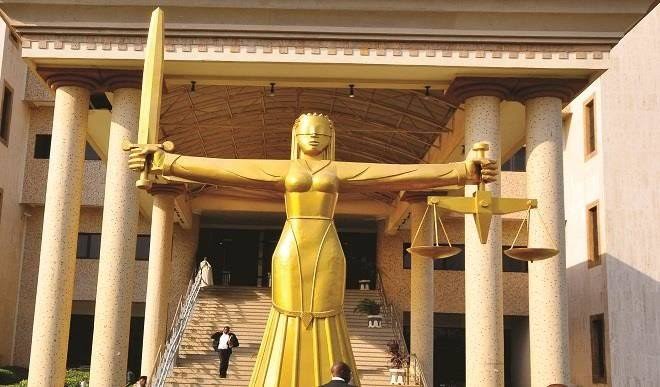Millions of Nigerians are grappling with legal problems that often remain unresolved due to limited access to effective or affordable justice, according to a new report by the Hague Institute for Innovation of Law.
The report, Justice Needs and Satisfaction in Nigeria 2025, which was launched on Monday in Abuja, revealed that 90 per cent of Nigerians surveyed experienced at least one legal problem during the study period.
These problems, the report noted, range from land disputes and domestic violence to debt and family-related conflicts—many of which either go unresolved or recur over time due to weak dispute resolution mechanisms.
In a statement on Tuesday, HiiL’s Country Representative in Nigeria, Ijeoma Nwafor, said the findings highlight the scale and persistence of legal challenges in everyday life and offer crucial insights for policymakers and justice stakeholders.
“These are not isolated cases, we are talking about millions of people facing recurring legal issues that affect their health, finances, relationships, and overall well-being,” she said.
She added that land disputes emerged as one of the most persistent legal issues, accounting for nearly a quarter of long-term unresolved problems by the final year of the study.
According to her, many of these disputes were handled outside formal legal institutions, as respondents cited high costs and the complexity of legal processes as major deterrents.
“People told us they avoided the courts because of cost and complexity,” Nwafor explained. “Many prefer to go to community leaders or resolve issues through informal negotiation.”
Domestic violence was also identified as a widespread issue, with nearly 30 per cent of respondents reporting experiences of physical, emotional, sexual, or economic abuse.
“Many victims said they suffered stress-related illnesses, lost their jobs, or saw their family lives disrupted,” she said. “Even when they took action, they often felt the process was too long or failed to provide real solutions. Some simply gave up, believing the system wouldn’t help them.”
The report also flagged a significant trust deficit in the formal justice system. While courts and legal professionals were generally viewed positively, many respondents said the system felt inaccessible and designed for lawyers rather than everyday people. Police were among the least trusted institutions, while community and religious leaders were more frequently relied upon to resolve disputes.
Speaking at the launch, the Dutch Ambassador to Nigeria, Bengt van Loosdrecht, emphasised the need for equal access to justice for all citizens.
“Justice should not be a luxury. It should be a basic right for everyone,” he said.
Sunny Daniel, journalist and member of the governing council of the National Human Rights Commission, described the findings as a wake-up call.
“What was released today shows we are still far from where we need to be,” he said. “Let this be an alarm bell — let us go back and do more.”
The report recommended scaling up affordable, community-based justice services and strengthening informal dispute-resolution mechanisms. It also calls for sustained, evidence-based data collection that reflects the lived experiences of Nigerians in shaping policy and justice reforms.
“Despite all the obstacles, people are still trying to solve their problems,” Nwafor added. “That tells us there’s hope — but it also tells us the system needs to meet them halfway.”
Punch
-Advertisement-
Grab our latest Magazine, "Hon. Chief C.O.C Akaolisa gets justice". Get your order fast and stress free.
For more details about Newswire Law&Events Magazine, kindly reach out to us on 08039218044, 09070309355. Email: newswiremagazine@yahoo.co.uk. You will be glad you did






